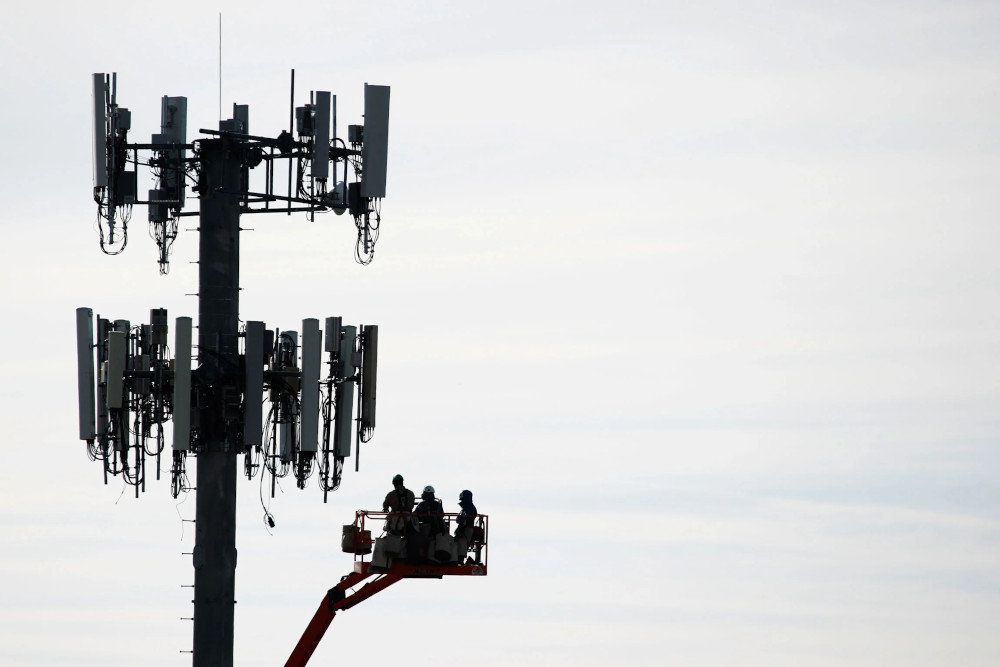WIRED
From an interview with an obscure Belgian doctor to apparent arson attacks in the UK, the unfounded claim that the pandemic is linked to 5G has spread unlike any other.

It started with one doctor. On January 22, Belgian newspaper Het Laatste Nieuws published an interview with Kris Van Kerckhoven, a general practitioner from Putte, near Antwerp. “5G is life-threatening, and no one knows it,” read the headline. One scientifically baseless claim in this article, published in a regional version of the paper’s print edition and since deleted from its website, sparked a conspiracy theory firestorm that has since torn through the internet and broken out into the real world, resulting in fires and threats. Van Kerckhoven didn’t just claim that 5G was dangerous: He also said it might be linked to coronavirus.
At the time, the outbreak was a comparative speck. It had claimed nine lives and infected 440 people, almost all of them in the Chinese city of Wuhan. Under the heading “Link met coronavirus?” the Het Laatste Nieuws journalist pointed out that since 2019 a number of 5G cell towers had been built around Wuhan. Could the two things be related? “I have not done a fact check,” Van Kerckhoven cautioned, before piling in. “But it may be a link with current events.” And so the fuse was lit.
Van Kerckhoven’s comments were quickly picked up by anti-5G campaigners in the Dutch-speaking world, with Facebook pages linking to and quoting from the article. Here, they claimed, was proof of something very dark indeed. Within days, the conspiracy theory had spread to dozens of English-language Facebook pages. But the conspiracy theory that Van Kerckhoven was peddling isn’t new,. It has been bubbling away quietly for decades in unfounded concerns about high-voltage power lines in the 1980s to mobile phones in the 1990s. In coronavirus, such concerns had found a new hook. “Because the quotes were unfounded, we withdrew the article within a few hours,” says Het Laatste Nieuws editor Dimitri Antonissen. “We regret the fact that the story was online for a few hours,” he adds. “Unfortunately with conspiracy theories popping up on several places, this does not stop a story from spreading.” And spread it did.